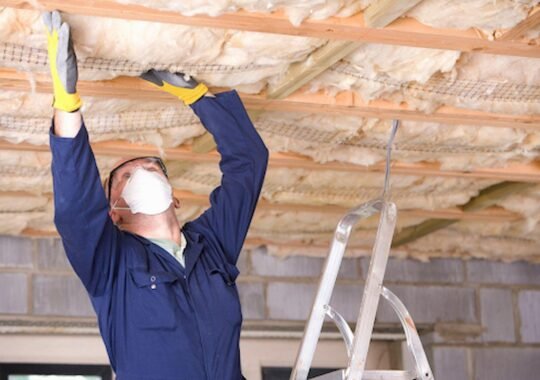The Value of Community Connections
Building a supportive network beyond the VA is vital for helping veterans successfully transition to civilian life. Community connections—through neighbors, local groups, or fellow veterans—create a sense of belonging and reduce isolation. These informal networks can provide consistent emotional support, share valuable resources, and offer a listening ear when needed. While the VA plays an important role, it’s often the community that helps veterans feel truly seen and supported in everyday life.
The challenges facing returning veterans can be significant, including feelings of disconnection, difficulties finding employment, or coping with mental health concerns. These issues aren’t always fully addressed through formal services alone. That’s where strong community ties come in—offering flexible, local support, grounded in genuine relationships. When veterans are welcomed into communities that understand their struggles and strengths, they’re better equipped to rebuild their lives with purpose and stability.
Beyond Professional Support: The Power of Peer Groups
Peer groups provide comfort and understanding for veterans, bridging the gap between professional healthcare providers and everyday realities. Whether informal or structured, these groups foster trust and honest dialogue, enabling veterans to discuss successes, setbacks, and daily concerns. The organic emergence of mentorship and leadership allows veterans to share resources, tips, and experiences, promoting informal mentorship, knowledge transfer, and emotional guidance. These groups become anchor points, helping to prevent isolation and offering a reliable sounding board for life’s challenges. Studies show that accountability and validation in these circles can reduce depression or substance misuse, emphasizing another layer of practical assistance beyond clinical care.
Utilizing Local Resources for Holistic Wellbeing
Community assets—libraries, recreation centers, colleges, and wellness centers—provide diverse offerings to support veterans’ holistic needs. A local library might partner with nonprofits to provide career coaching, resume reviews, or job fairs for veterans. Recreation centers often run adapted fitness programs or team sports designed with accessibility and inclusion in mind, easing veterans back into group activities and physical health routines. Colleges and technical schools offer adult learning and certificate programs with veteran-focused scholarships, helping returning service members prepare for career transitions in today’s job market.
The advantages aren’t only for individual skill-building. When veterans volunteer, join a committee, or participate in a local event, they experience increased social support and a renewed sense of purpose. Taking an active role in community betterment can restore the sense of mission and service that so many veterans cherish.
The Role of Online Communities and Digital Support
Technology has empowered veterans to build supportive connections across diverse locations, providing 24/7 access to advice, resources, and encouragement. Online forums, chat rooms, and social media groups offer various forms of assistance and motivation. These virtual events facilitate safe, flexible, and anonymous participation at any stage of the support-seeking process. Additionally, they deliver education and advocacy, with moderated groups ensuring civility and privacy. Digital platforms make it easy for even the most hesitant individuals to enter the support community, cultivating a customized, ongoing support network that evolves with them through life’s transitions.
Family and Caregiver Involvement
The adjustment process for returning veterans significantly impacts not only the individuals themselves but also their families, spouses, partners, and caregivers. Local parenting circles, spouse support groups, and caregiver education classes are crucial resources to facilitate this transition. These community initiatives foster resilience by creating a safe space for shared experiences, where participants can discuss challenges and celebrate successes.
Resilient families play a vital role in supporting the mental well-being of veterans. Emotional support and encouragement help reduce stress and improve problem-solving abilities. Research indicates that when family members actively engage in the veteran’s reintegration process, it enhances the overall healing journey for everyone involved.
Additionally, participating in local events—such as family picnics, wellness retreats, and community workshops—promotes positive habits and strengthens family bonds. These activities emphasize the importance of group healing, reminding participants that they are not alone in their struggles and that collective support can be a powerful tool against isolation. Engaging in these communal experiences fosters a sense of belonging and helps families develop coping strategies and resilience as they navigate the challenges of reintegration together.
Keys to Building Trust and Goodwill in New Spaces
Building connections in new groups can be challenging, especially after years of structured military life. Veterans often begin by attending community meetings or volunteering for a day before becoming more involved. They rely on peer referrals, word-of-mouth recommendations, and trusted contacts to find suitable organizations. This reciprocity enhances personal growth and strengthens local communities, promoting understanding and empathy for veterans’ journeys.




